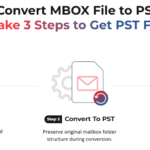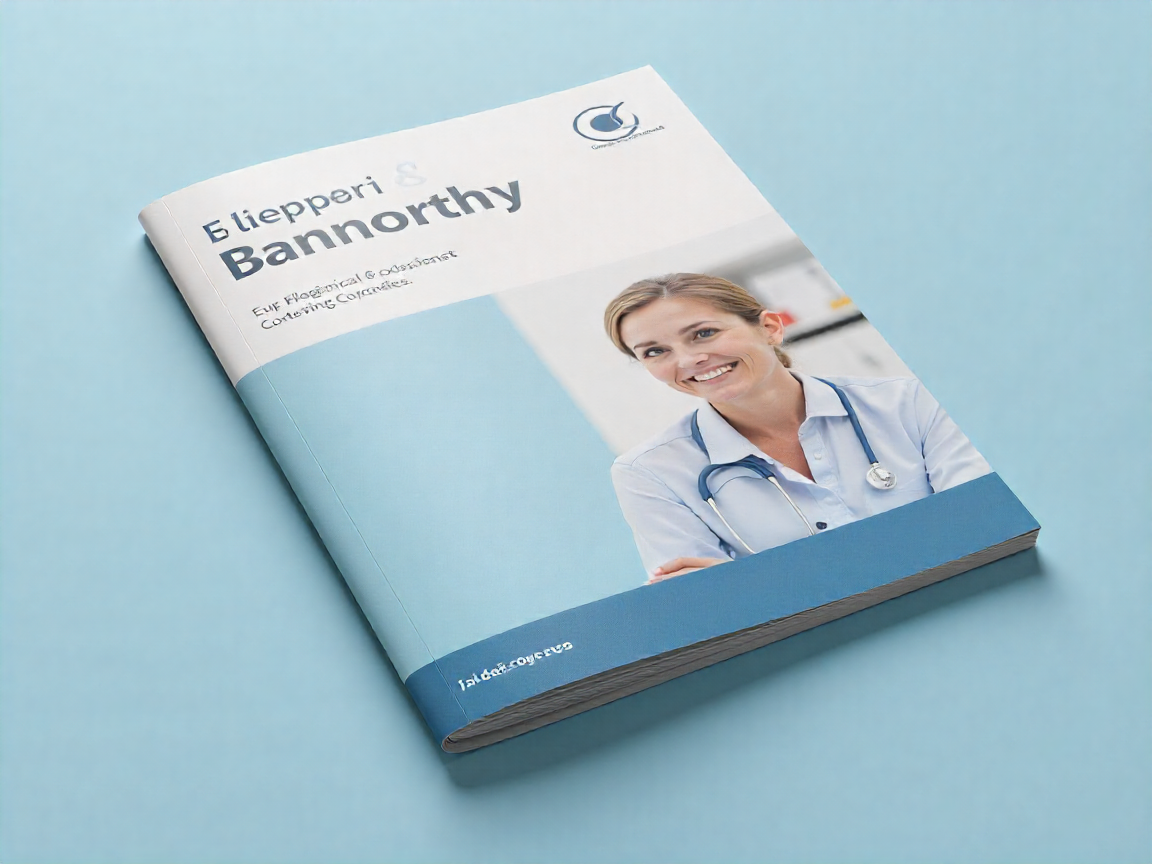What Is CholesLo?
CholesLo is a dietary-supplement product marketed for managing cholesterol and supporting cardiovascular health. The product claims to help lower “bad” LDL cholesterol, raise “good” HDL cholesterol, reduce triglycerides, and support liver health. On promotional sites, it is presented as a doctor-formulated formula and part of a broader system of cardiovascular maintenance.
However—critically—the U.S. Food and Drug Administration (“FDA”) issued a public notification warning that CholesLo contains undeclared lovastatin, which is an active drug ingredient not disclosed on the label.
So while CholesLo is sold as a supplement, regulatory authorities have raised serious safety and legality concerns.
If you’re considering CholesLo, you should know both what it claims to be and what regulatory actions say about it.
How Does CholesLo Work?
According to marketing materials, CholesLo works by combining several natural‐looking ingredients (such as red yeast rice, plant sterols, artichoke leaf extract) that purportedly help manage cholesterol formation and absorption, support liver function, and reduce inflammation. For example, red yeast rice contains monacolin K, which acts similarly to statins (i.e., it inhibits the enzyme HMG-CoA reductase, used in cholesterol synthesis).
Research indicates that red yeast rice can reduce LDL cholesterol by 15-25% over 6–8 weeks in some cases. However, because CholesLo was found to contain lovastatin (a regulated drug) without disclosure, its mechanism is effectively that of a statin rather than purely a “natural supplement.”
The FDA states that products containing lovastatin are not lawful dietary supplements.
In short: while CholesLo claims a “natural” mechanism, regulatory findings suggest it may work like a statin drug—raising serious questions about safety, regulation, dosage, and monitoring.
Key Ingredients in CholesLo
The promotional listing for CholesLo mentions a combination of “red yeast rice, plant sterols, artichoke leaf, garlic, policosanol” and other liver-support and anti-inflammatory compounds.But scrutiny reveals the central active ingredient is likely lovastatin (or monacolin K, which is chemically identical to lovastatin) that was not declared.
The FDA lab analysis confirmed the presence of undeclared lovastatin.
Thus while the label may list “natural” ingredients, the undisclosed presence of a regulated statin drug complicates the true composition.
Key points to watch:
-
Red yeast rice: can produce substance equivalent to lovastatin; requires caution.
-
Plant sterols: shown to modestly lower LDL by reducing absorption of cholesterol from the gut.
-
Artichoke leaf extract, garlic, policosanol: supporting ingredients with limited evidence for large cholesterol-reducing effects.
Given the discrepancy between label and regulatory findings, anyone considering the product must assume a statin-type effect and monitor accordingly.
Benefits of Taking CholesLo
On paper, the benefits promoted include: improved LDL/HDL ratio, lower total cholesterol, reduced triglycerides, better liver support, and reduced inflammation.If indeed the product contains a statin-equivalent ingredient (lovastatin), then many of the benefits may align with those seen in statin therapy (e.g., lowering LDL significantly).
This could translate into reduced risk of cardiovascular events under proper medical supervision.However, the flipside is that these “benefits” come with the risks of statin use—such as muscle pain, liver enzyme increases, drug interactions, and the need for physician monitoring.
These risks are heightened because the product was marketed as a supplement (which traditionally receives less oversight) yet works like a prescription drug.In real-world use: some users may report good results in lowering cholesterol numbers—but because of the unexpected statin content, benefits must be weighed against safety and legal/regulatory concerns.
Is CholesLo Safe to Use?
Safety is the biggest concern with CholesLo. The FDA warned consumers not to purchase or use the product because it contains undeclared lovastatin, making it effectively a drug being sold as a supplement.
Risks include:
-
Unmonitored statin-type side-effects (muscle pain, rhabdomyolysis, elevated liver enzymes)
-
Interactions with other medications (e.g., other statins, certain antibiotics, antifungals) because lovastatin is a regulated drug.
-
Lack of transparency: users may think they’re taking a “natural” supplement when in fact they are taking a potent drug.
Given these points, many healthcare professionals would say it is not safe to use CholesLo without direct medical supervision. Especially if you have liver disease, are on other medications, are pregnant or breastfeeding, or have other risk factors.
In short: the safety profile is uncertain, and regulatory watchdogs flag it as a product to avoid.

CholesLo Dosage and Directions for Use
Marketing claims for CholesLo suggest taking some number of capsules daily (e.g., one capsule or more) to support cholesterol. But because of the regulatory issues, there’s no officially approved dosage or medically-recognized guideline for this product.
When products contain undeclared active drugs like lovastatin, dosage becomes particularly dangerous because you don’t know how much of the active drug you’re getting. The product may not disclose the exact amount of lovastatin.
If someone still chooses to use it (which again is not recommended without medical oversight), they should:
-
Consult a healthcare professional first
-
Monitor liver function tests and muscle enzyme levels periodically
-
Be aware of potential interactions (especially with other lipid-lowering agents)
-
Not assume “safe” because it is marketed as a supplement — it is acting as if it’s a statin drug.
CholesLo Side Effects and Precautions
Potential side effects mirror those of statin drugs, given the presence of lovastatin:
-
Muscle aches, weakness, or in severe cases rhabdomyolysis
-
Elevated liver enzymes or liver damage
-
Digestive issues, headaches, or fatigue
-
Interactions with other medications (including other cholesterol-lowering drugs, immunosuppressants, antifungals, etc.)
Precautions: -
Do not use if you are pregnant or breastfeeding unless cleared by a doctor
-
Inform your physician if you are taking other lipid‐lowering drugs, or have liver/kidney disease
-
Stop use and seek medical attention if you experience unexplained muscle pain, dark urine, yellowing of skin (jaundice), or severe weakness
Because the product is operating as a hidden statin, standard “supplement” precautions are insufficient — treat it as you would a prescription drug.
CholesLo Reviews: What Customers Are Saying
Some online vendors and testimonials claim that users saw significant drops in cholesterol numbers (LDL and total cholesterol) and improvements in heart-health markers while using CholesLo. Marketing copy also promises “30 point drop in 30 days” (though such claims are not independently verified).
However:
-
Because of lack of regulated studies, many testimonials are anecdotal and may reflect placebo effect or concurrent medication changes
-
Some negative reviews highlight lack of transparency, side effects, delayed results, or none at all
-
The FDA’s action casts doubt on validity of claims because the presence of lovastatin (hidden) means the results may be due to an undeclared drug rather than the “natural” formula.
If you read reviews, take them with caution. Verified lab numbers are preferable over anecdotal storylines.
CholesLo vs Other Cholesterol Supplements
Compared with more conventional, transparent cholesterol-support supplements (such as those containing phytosterols, flaxseed, or red yeast rice with disclosed monacolin K content), CholesLo stands out (negatively) because it contains an undeclared prescription-equivalent drug. For example:
-
Many supplements list their active ingredients and doses clearly.
-
Regulatory agencies like the FDA have flagged red yeast rice products with higher monacolin K because of drug-equivalence concerns.
-
Supplements that are legitimately marketed disclose that they are not meant to replace statin therapy and often have milder effects.
In contrast, CholesLo’s hidden statin content elevates both potency and risk. So while other supplements might be lower-risk but slower in effect, CholesLo may act faster (because it is more like a statin) but also carries the full risk profile of a statin—without the transparency and physician oversight that a true prescription would offer.
Where to Buy CholesLo at the Best Price
CholesLo is available through various online retailers (including international shipping) but given the regulatory warning, many trustworthy pharmacies or health stores may choose not to stock it. One online listing shows it available in Vietnam through a global shipping site.
Important caveats when buying:
-
Confirm the source is legitimate and the product is sealed.
-
Be cautious of “cheap” or “discount” offers — they may signal counterfeit or adulterated versions.
-
Since the FDA recommends not using this product, importation into certain jurisdictions may be restricted or carry customs risks.
-
Considering the safety concerns, focus on affordability should not override concerns about authenticity and regulatory compliance.
In short: although you may find cheaper price points online, the bigger issue is should you buy rather than where.
Final Verdict: Should You Try CholesLo?
In summary, while CholesLo markets itself as a natural, comprehensive cholesterol support supplement, regulatory findings reveal that it contains undeclared lovastatin—a prescription drug. That means the product is essentially unauthorized as a dietary supplement and carries the full risk profile of a statin without the transparency or medical supervision typical of prescription therapy.
If you have high cholesterol:
-
Consider first lifestyle interventions (diet, exercise, weight management, avoiding tobacco)
-
Consult your doctor about prescription therapies if indicated
-
If you’re looking at supplement options, choose ones with full disclosure of ingredients, published studies, and minimal risk profile
Given the safety concerns, hidden active drug, and regulatory warnings, trying CholesLo is likely not advisable without close medical supervision.
If you decide to proceed despite warnings, you must do so with your doctor’s awareness, monitoring of liver & muscle enzymes, and full understanding of potential risks.
Ultimately: the concept of cholesterol support is valid—but the approach must be safe, transparent, and regulated. CholesLo raises red flags in those areas.











